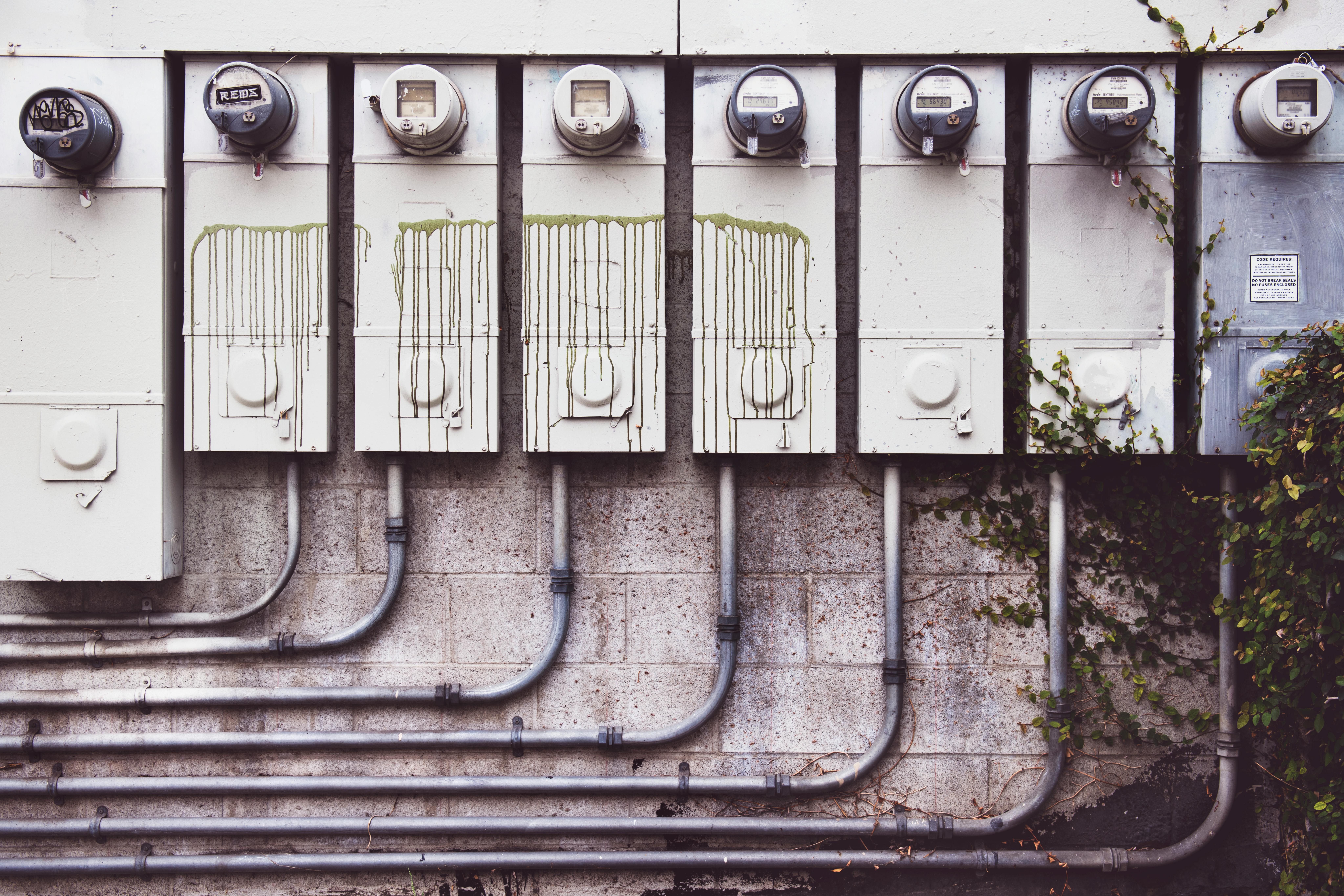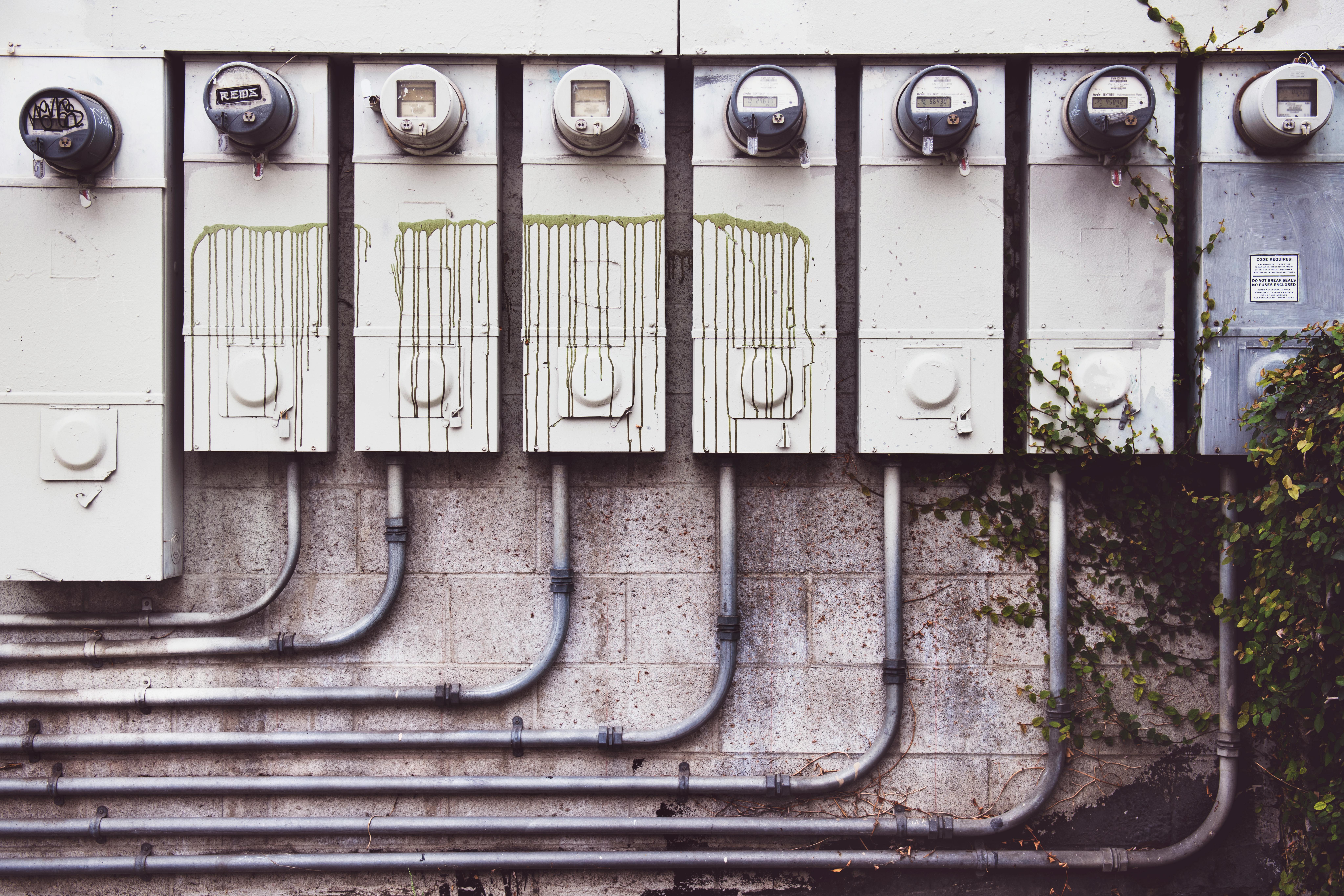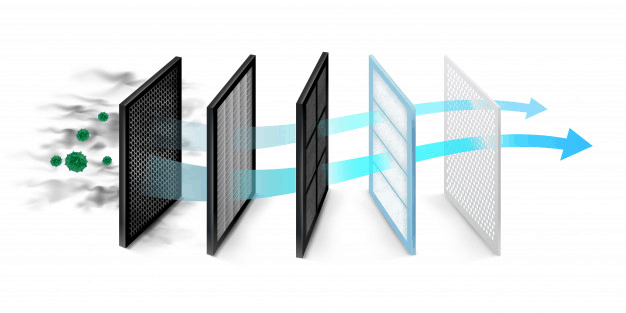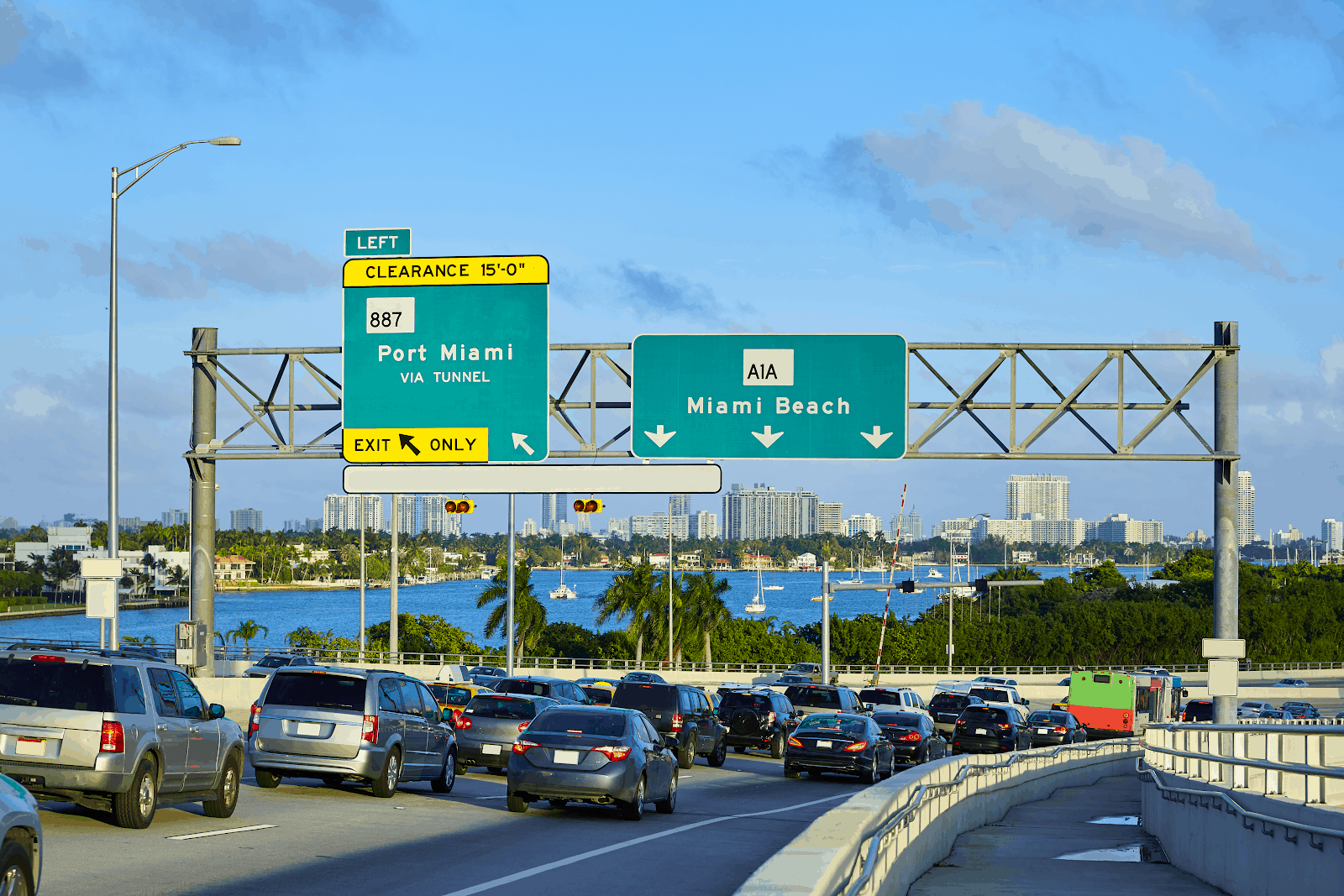Air Purifiers & Covid-19
As people seek any means to protect themselves and their families from the spread of Covid-19, many are asking, “Do air purifiers kill viruses” like...
Floor, wall and ceiling mounted to meet your unique project design.

So you’ve decided that you want to prioritize your health by cleaning that dirty air in your home or office - but you don’t want to rack up your energy bill as a result.
And since they’re used for 8-24 hours at a time, buying a good quality and energy efficient air purifier is a challenge in and of itself.
Over one million air purifiers were sold in the U.S. in November 2020 alone - but how can you ensure that you’re able to purify your air without paying an arm and a leg?
Finding the most energy efficient air purifiers means answering these questions:

The first thing you must look for in an energy-efficient air purifier is if it uses HEPA filters to trap contaminants and fine particles. HEPA filters are made of super-fine glass fibre that filters over 99.97% of airborne particles as small as 0.3 microns in diameter.
To give you a better idea about how small 0.3 micron is, your eyes can see only about 50 microns at the smallest. That’s why the EPA recommends using HEPA filters to effectively filter the Covid-19 virus from the air.
But what does that mean for energy efficiency? Since HEPA filter equipped air purifiers are so efficient at filtering dust, dander, mold, germs and viruses, they use less electricity to purify the air in the room.
It also means that air is purified faster and occupants breathe cleaner as a result.
The rate of airflow of an air purifier will tell you how fast it circulates air and how quickly it can purify the air in a room. For that, you need to look at its CADR or CFM rating.
CADR stands for Clean Air Delivery Rate, a metric developed by the Association of Home Appliance Manufacturers (AHAM) that helps buyers understand how effective a device is at filtering various particles in specific room sizes. The bigger the number, the faster the purifier can clean the air.
Another metric is CFM (cubic feet per minute), which is a measurement of the airflow rate of the purifier. The higher the CFM number the greater its capacity to turn over fresh air per minute.
A small CFM number - for instance, 100 CFM - means the air purifier is designed for small spaces. Most purifiers fall in that category, making them suitable only for small rooms.
To prevent occupants from breathing germs and viruses, you want a purifier that can shift a large volume of air. Also, the faster an air purifier works the less electricity it needs to filter the air.
When shopping for an air filter, you must buy one that is suitable for the size of the room in which you are going to use it. Make sure you buy an air purifier that’s suitable for your space.
Mainstream purifiers are fine for very small rooms, but you’ll need multiple units for a larger space - meaning you’ll have to spend more buying and running them.
A single powerful air purifier, on the other hand, will save you the cost of buying multiple smaller units and be more energy efficient too.
One good way to identify energy efficient appliances is looking for the ENERGY STAR logo. The ENERGY STAR program measures the electricity consumption of appliances in kwh per year in electricity. That makes it easier to understand how much energy an air purifier will consume every year.
Note that just because an appliance is not ENERGY STAR certified does not mean it is not energy efficient.
|
Why you need to install an air purifier: |
All appliances - even air purifiers - will become less efficient if the filter is not replaced and the unit is not serviced.
A dirty and "obstructed" filter will reduce airflow and make your air purifier consume more electricity. Make sure you get an air purifier that has an easily accessible filter. Commercial air purifiers are also designed to operate for several thousand hours before they need to be serviced.
CleanAir Tower is one of the only air purifiers on the market that combines: high airflow, multiple filtration systems and energy efficient performance.
The unit can be configured with a HEPA filter, UV-C light, bi-polar ionization and MERV filtration. These can be used individually or simultaneously, for the ultimate indoor air quality improvement.
Up to a maximum of 1400 CFM of performance means it is powerful enough to clean the air in large spaces. That means fewer units need to be installed, reducing not only electricity consumption, initial cost of purchase, and replacement filters.
CleanAir Tower also offers near-whisper quiet performance, as just 30 dBA, which makes it suitable for quiet environments too.
With a high-capacity HEPA filter, this is a high performance air purifier that traps and destroys airborne contaminants such as dust, dander and mold. It’s compact size means it is portable and usable in homes and small offices.
However, it offers only a single method of filtration, which reduces its effectiveness as an air purifier. What’s more, its airflow rate makes it more suitable for small rooms, offices or entire homes.
Unlike many of its competitors in the market, the Purezone Air Purifier comes in steel construction for maximum durability and works quietly at any speed. It offers a three stage filtration system, including a HEPA filter, UV-C light and activated carbon.
That said, it has a low airflow rating of just 80 cfm, covering rooms up to 200 square feet. That makes it unsuitable for anything other than small rooms.
|
More resources on air quality you might be interested in: |
Given air purifiers are expected to operate 8-24 hours a day, your energy costs can start to add up very quickly. That’s especially true if you are installing multiple purifiers across an office or your home.
An energy efficient air purifier will pay for itself with the energy savings it will net you. Make sure you choose an air purifier that:
For industry-leading air cleaning performance and energy efficiency, Airfixture’s CleanAir Tower is the perfect solution. Since 2001, AirFixture has been the trusted supplier of energy-efficient HVAC systems that deliver up to 30% energy savings compared to competing products.
Talk to us about CleanAir Tower and find out why it’s the most energy efficient air purifier for your space.

As people seek any means to protect themselves and their families from the spread of Covid-19, many are asking, “Do air purifiers kill viruses” like...

Air conditioning legal requirements in the UK are put in place to ensure the health and safety of occupants in commercial buildings. Property...

Poor air quality has been proven to increase the risk of respiratory illnesses and even cancer. According to the World Health Organization (WHO),...